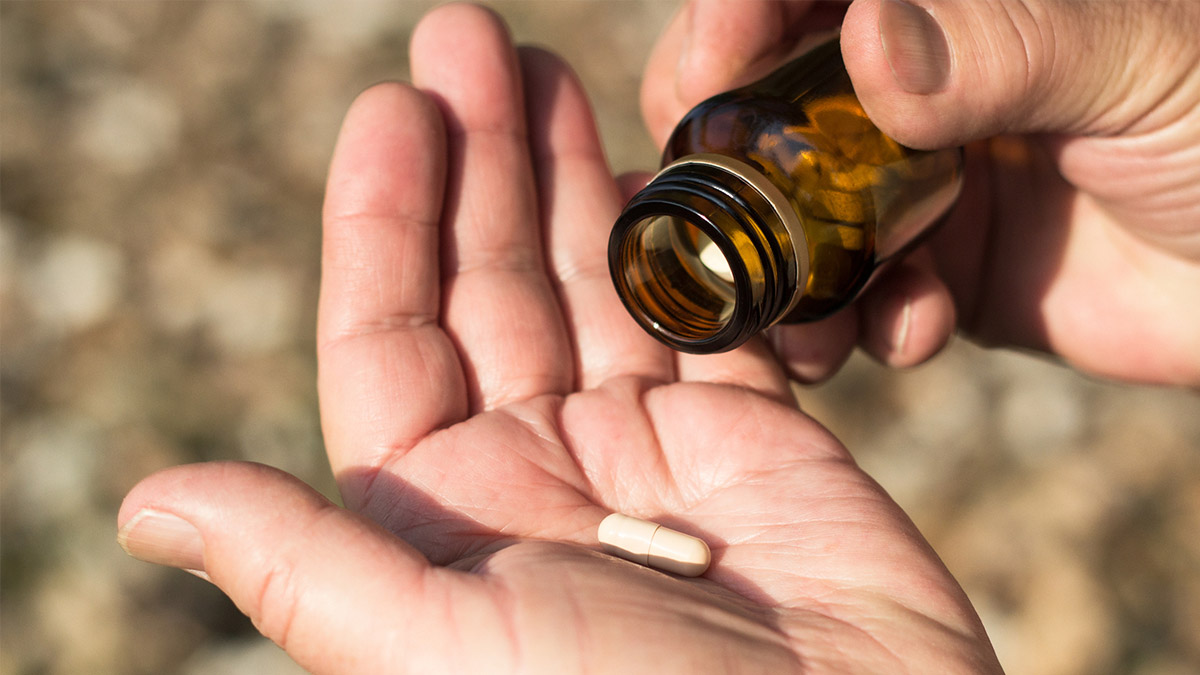4 Tips for Taking Medications as Temperatures Rise

After a long winter and a surprising quarantine period, many of us are more than eager to get out and enjoy some fresh air and the soak in some Vitamin D. It’s finally that time of the year again for summer vacations, the smell of backyard barbeques, yard work, and other great pastimes. Hundreds of millions of Americans will be taking medications this summer without taking proper precautions. Understanding the importance of taking some medications in extreme heat conditions can help avoid dangerous illnesses.
Medications, both prescription and over the counter, can affect a wide variety of medical conditions during summer months. These include hypertension, asthma, depression, allergies, among others. Certain medications can impair the body’s natural mechanisms to regulate heat. An example would include diuretics, typically used to extract fluid from the body, that can result in severe dehydration if patients are already outside sweating profusely. Additionally, antidepressants such as selective serotonin reuptake inhibitors (SSRIs) can induce sweating, which can lead to further dehydration when mixed with high temperatures. For a more comprehensive list, please visit the FDA website.
As a pharmacist, I am familiar with some of the risks of medications in heat, but I was pleasantly surprised to hear about it at my latest follow up visit with my orthopedist. Having gotten to know me over the past year, she understands my rugged lifestyle as an obstacle course racer. Being a post-op patient, I still take non-steroidal anti-inflammatory drugs (NSAIDs) as needed for residual pain. Since I do a lot of intense outdoor training, she proactively warned me to be very careful when taking the NSAIDs as they can cause dehydration and potentially fainting.
There are four ways to stay safe in the heat while continuing to take your medication as prescribed:1
- Avoid mid-day activities when the temperature is at its daily max.
- Monitor weather forecasts and participate in outdoor activities early in the morning or later in the evening.
- Find shady spots and keep well hydrated.
- Besides keeping yourself safe, also remember to keep your medications safe in an amber, cool, dry container. Extreme heat, moisture, and light can affect the stability, efficacy, and potency of the medication.
I encourage everyone to strengthen the patient/physician relationship by being transparent about your home life conditions, job environment, typical outdoor activities, medications that may not have been prescribed by that physician, and much more. This can allow both parties to make educated decisions to maintain a healthier lifestyle without missing out on those things that we enjoy.
As America experiences more frequent and prolonged heat waves, it’s our responsible as healthcare providers to educate our patients on the effects of their medications in the heat. Veradigm® offers patient education leaflets through Lexicomp, a clinical drug resource. Keep your patients healthy this summer by understanding the risks and taking those extra minutes for consultation.